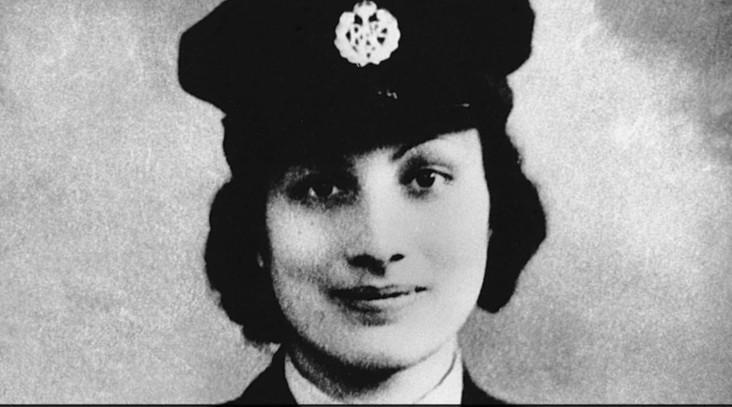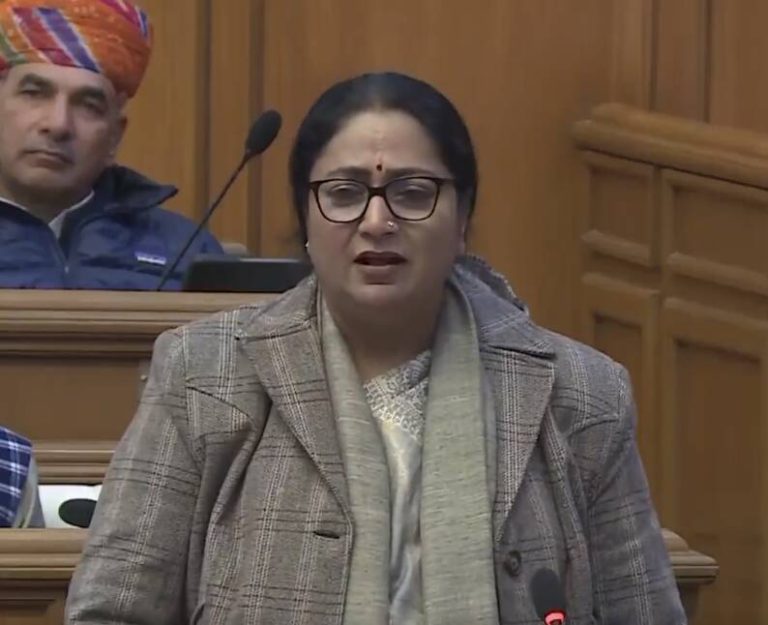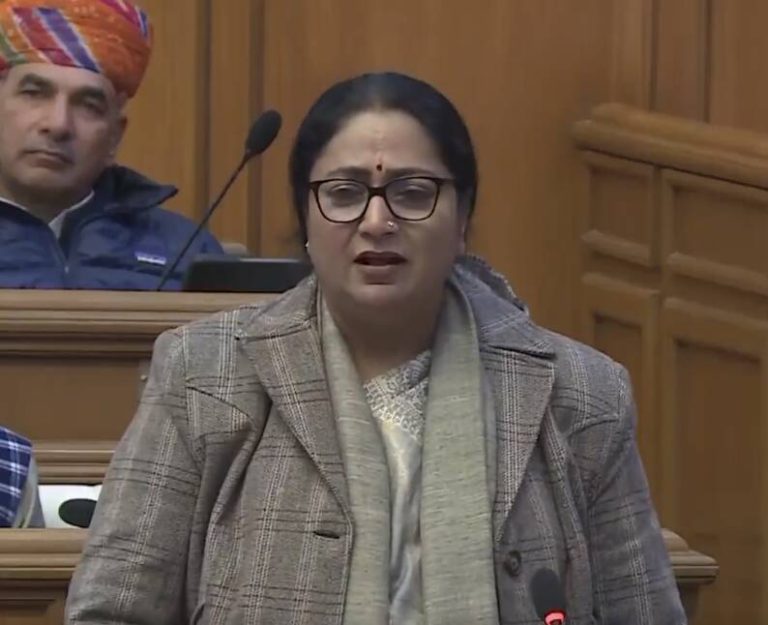
France Honours British Indian Spy & Tipu Sultan’s Descendant Noor
In a remarkable tribute, France has honoured Noor Inayat Khan, a descendant of the legendary Tipu Sultan and a World War II undercover British agent, with a commemorative postage stamp. This makes her the only Indian-origin woman to receive this prestigious tribute. Noor’s bravery and sacrifice during the war have been recognized and celebrated by France, a country she risked her life to serve.
Noor Inayat Khan was born on January 2, 1914, in Moscow, Russia, to an Indian father and an American mother. Her father, Inayat Khan, was a musician and a Sufi teacher who belonged to the royal family of Tipu Sultan, the 18th-century ruler of Mysore. Noor’s family moved to England when she was a child, and she grew up in a multicultural environment that shaped her values and worldview. She was a skilled linguist, speaking fluent English, French, and German, among other languages.
During World War II, Noor joined the Women’s Auxiliary Air Force (WAAF) in 1940, where she worked as a wireless operator. Her language skills and technical expertise caught the attention of the Special Operations Executive (SOE), a secret British organization that conducted espionage and sabotage operations behind enemy lines. Noor was recruited by the SOE in 1942 and underwent rigorous training to become a spy.
Noor’s mission was to work as a wireless operator in occupied France, transmitting vital information back to London and supporting the French Resistance. She was flown to France in June 1943 and began working under the codename “Madeleine.” Noor’s work was highly dangerous, as she had to evade capture by the Gestapo and maintain her cover as a French citizen. She worked tirelessly, transmitting crucial information about German troop movements and military operations.
Tragically, Noor’s luck ran out in October 1943, when she was betrayed by a French double agent and arrested by the Gestapo. She was subjected to intense interrogation and torture but refused to reveal any information about her mission or her colleagues. Noor was eventually sent to the Pforzheim prison in Germany, where she was kept in solitary confinement.
In September 1944, Noor was transferred to the Dachau concentration camp, where she was executed by firing squad on September 13, 1944. Her bravery and sacrifice were recognized by the British government, which awarded her the George Cross, the highest civilian honour, in 1949. Noor was also awarded the Croix de Guerre, France’s highest civilian honour, for her service to the French Resistance.
The commemorative postage stamp issued by France is a fitting tribute to Noor’s courage and dedication. The stamp features a portrait of Noor, along with a brief description of her life and work. This honour is a testament to the enduring legacy of Noor Inayat Khan, a woman who risked everything to fight against tyranny and oppression.
Noor’s story is an inspiration to people around the world, and her bravery and sacrifice will never be forgotten. Her legacy serves as a reminder of the importance of courage, resilience, and determination in the face of adversity. As we remember Noor Inayat Khan, we also honour the countless other women and men who worked behind enemy lines during World War II, risking their lives to fight for freedom and democracy.
In conclusion, the commemorative postage stamp issued by France is a well-deserved tribute to Noor Inayat Khan, a true hero of World War II. Her bravery, sacrifice, and dedication to the cause of freedom and democracy will always be remembered and celebrated. As we honour Noor’s legacy, we also recognize the important role that India and its people played in the war effort, and the enduring bonds of friendship and cooperation between India, France, and the United Kingdom.






